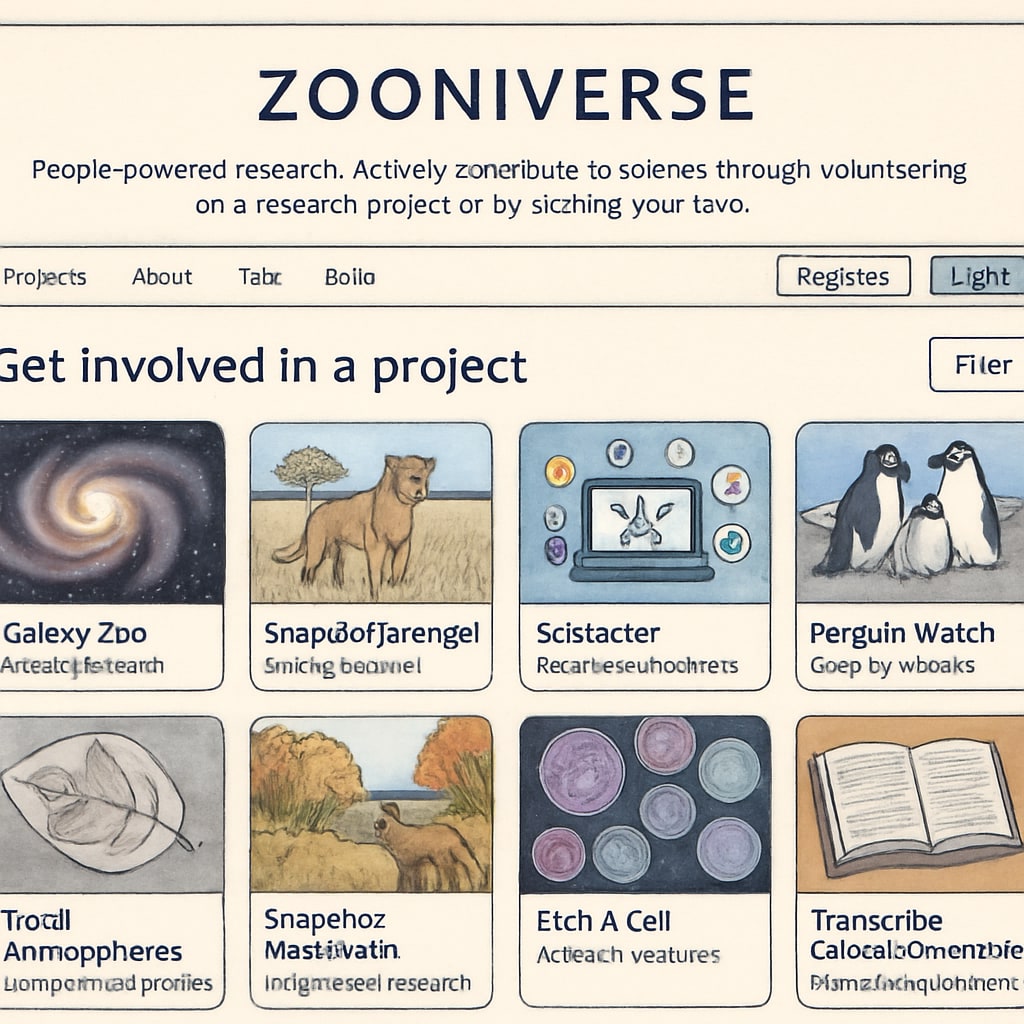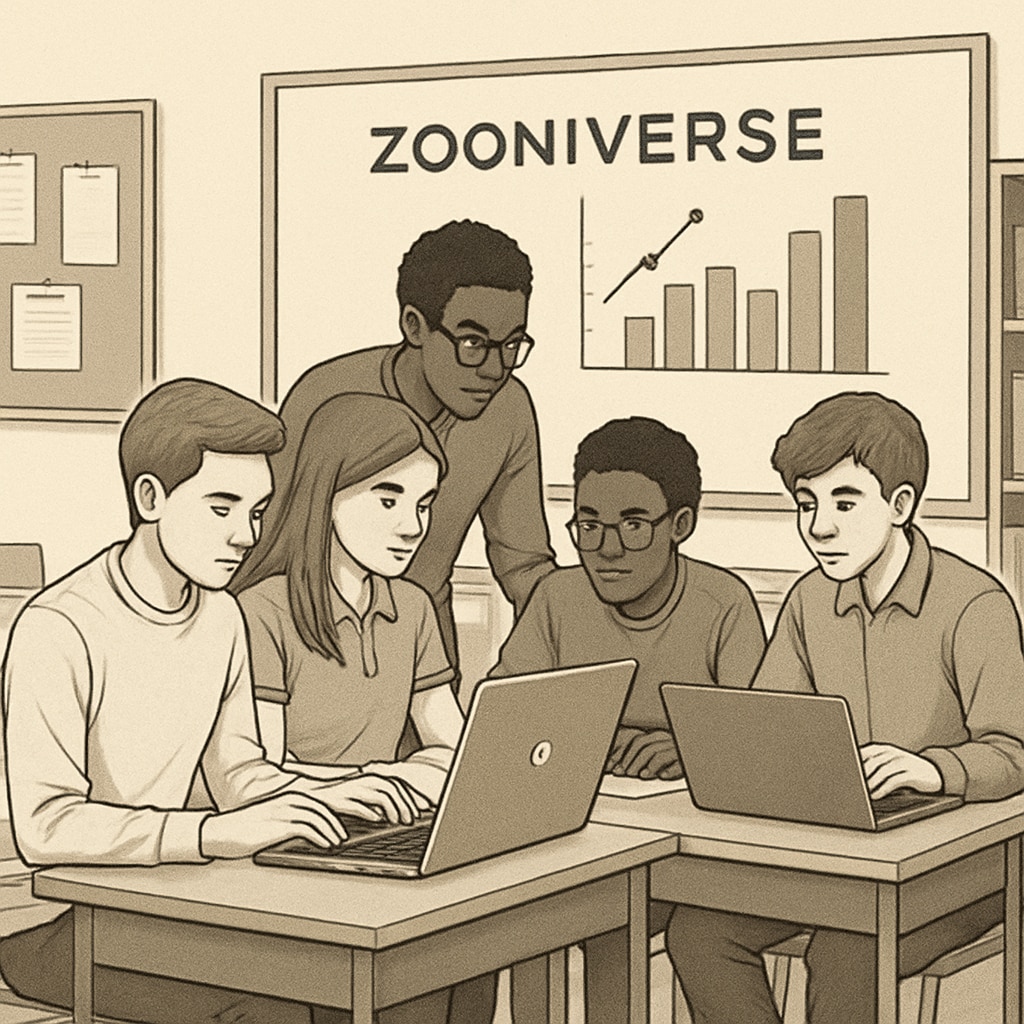The Zooniverse platform offers a groundbreaking way for K12 students to participate in citizen science projects, empowering them to contribute to real-world research while developing scientific literacy and critical thinking. By allowing students to engage directly with authentic datasets and global scientific inquiries, Zooniverse transforms traditional education into a dynamic and hands-on learning experience. This article explores how educators can integrate Zooniverse into their classrooms to inspire the next generation of scientists.
What is Zooniverse and Why is it Revolutionary?
Zooniverse is an online platform that hosts citizen science projects across various disciplines, such as astronomy, ecology, medical research, and history. It enables anyone—from professional scientists to enthusiastic amateurs—to analyze data, classify patterns, and contribute to scientific discoveries. For K12 students, this platform bridges the gap between textbook learning and real-world science, offering an opportunity to experience the process of scientific inquiry firsthand.
Key Features of Zooniverse:
- Accessibility: Projects are designed to be user-friendly, requiring no prior scientific expertise.
- Global Collaboration: Students work alongside contributors from around the world.
- Variety: A diverse range of projects ensures that students can explore topics aligned with their interests.

How Citizen Science Enhances K12 Education
Integrating Zooniverse into K12 education transforms students from passive learners into active participants in the scientific community. By analyzing real-world data, students gain hands-on experience with scientific methodologies, fostering deeper engagement and retention.
Benefits for K12 Students:
- Scientific Literacy: Students learn how to interpret data, identify trends, and draw conclusions.
- Critical Thinking: Authentic datasets challenge students to problem-solve and think analytically.
- Collaboration Skills: Working on global projects nurtures teamwork and communication abilities.
For example, projects like “Galaxy Zoo” invite students to classify galaxies based on their shapes, providing a hands-on introduction to astronomy. Similarly, ecological projects allow students to track wildlife populations, offering insights into environmental science.

Integrating Zooniverse into the Classroom
Teachers can incorporate Zooniverse into their curriculum by aligning projects with specific educational goals. Whether teaching biology, physics, or geography, educators can select projects that complement their lesson plans while sparking curiosity among students.
Steps to Implement Zooniverse in Education:
- Identify Relevant Projects: Browse Zooniverse to find projects that align with your subject matter.
- Introduce the Platform: Familiarize students with the platform’s navigation and objectives.
- Set Clear Goals: Define what students should learn or achieve through their participation.
- Encourage Reflection: Have students discuss their findings and share insights with the class.
Additionally, educators can leverage Zooniverse for interdisciplinary lessons, combining science with technology, math, and even art by analyzing visual patterns or designing presentations based on their research.
Inspiring the Next Generation of Scientists
By engaging with Zooniverse projects, K12 students gain not only knowledge but also the confidence to explore scientific careers. The platform nurtures curiosity and creativity, showing students that science is not confined to labs but is a collaborative and impactful endeavor.
As a result, Zooniverse has the potential to reshape how science is taught, turning classrooms into hubs of innovation, exploration, and discovery. Teachers, parents, and policymakers should consider incorporating this revolutionary tool into education to prepare students for the challenges of tomorrow.
Learn more about citizen science on Wikipedia and explore its significance on Britannica.
In conclusion, Zooniverse demonstrates that anyone, including K12 students, can contribute to meaningful scientific research. By transforming education through citizen science, we can empower young minds to take an active role in shaping the future of science.


